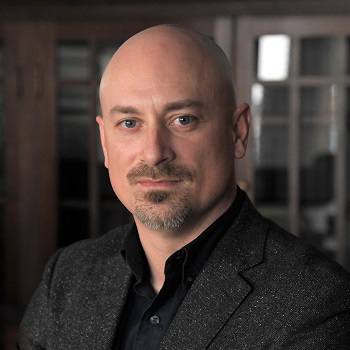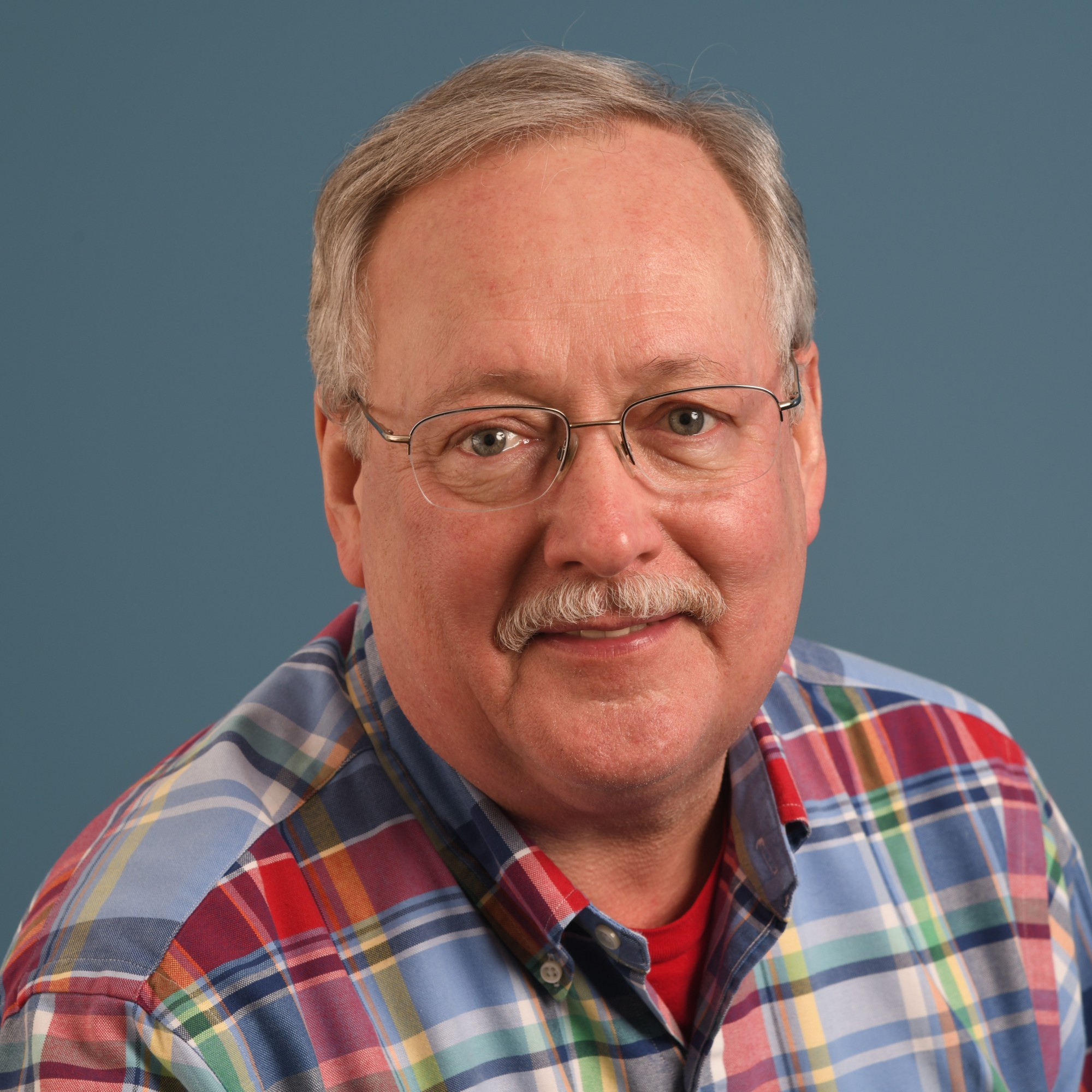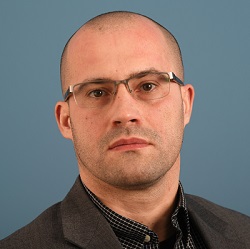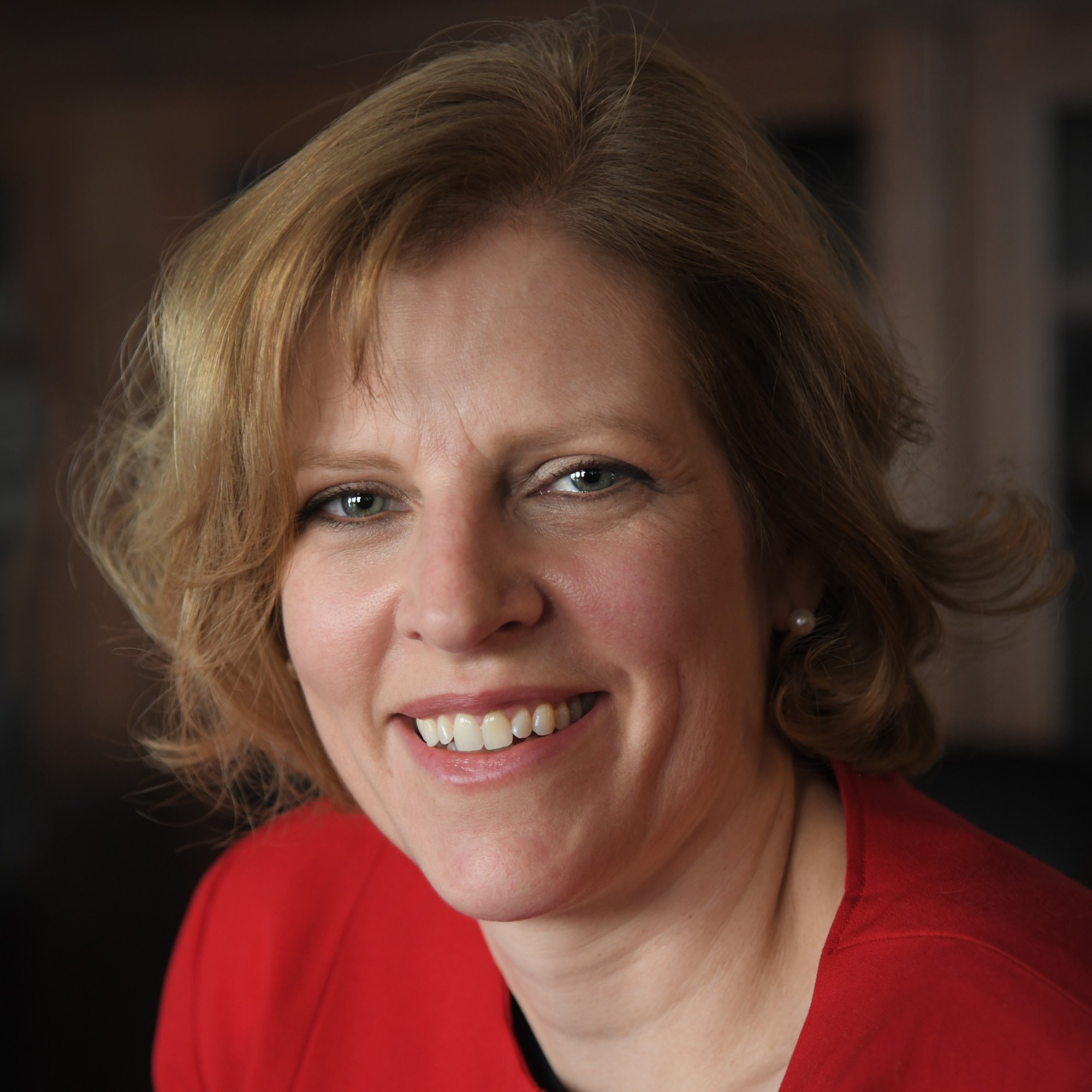
Dr. Christopher Abeare
Dr. Abeare earned his Ph.D. in Clinical Psychology, with a specialization in Clinical Neuropsychology and a minor in Cognitive Neuroscience, from Wayne State University in Detroit, Michigan. He completed his Pre-doctoral Internship at the Ann Arbor VA hospital. He has been a faculty member at the University of Windsor as a member of the Clinical Neuropsychology track since 2005. He is also a faculty member in the Behaviour, Cognition and Neuroscience (BCN) program.
His primary research interests include: Neurocognitive and emotional consequences of traumatic brain injury and sport-related concussion; Neuropsychological assessment; Performance-based measures of affective functioning.
For more information about Dr. Abeare or his lab, please visit his website.
 Dr. Renee Biss
Dr. Renee Biss
Dr. Biss is a clinical neuropsychologist who studies memory and attention in healthy older adults and those with cognitive problems (e.g., mild cognitive impairment, dementia due to Alzheimer’s disease). Her research includes experiments comparing cognitive abilities between younger and older people, and she uses this information to inform new educational interventions to help older adults maintain their memory and age well in the community. She has also conducted experiments to explore how emotions colour what information we pay attention to and remember. Her work with older adults with cognitive impairments looks at how to tap into preserved cognitive abilities and she is involved in the development of new technology-based games to promote cognitive, physical, and social activity for nursing home residents.
When not in the lab or the lecture hall, Dr. Biss enjoys buying and slowly killing houseplants with her black thumb, impromptu family dance parties, and exploring the food and activities that Windsor and Detroit have to offer.

Dr. Lori Buchanan
Dr. Buchanan is a former Canada Research Chair. She is a cognitive neuroscientist. Her research focuses on how people get meaning from the printed word. She addresses this issue from a neuropsychological, cognitive and computational perspective.
Dr. Buchanan has a number of hobbies, including mountain climbing, looking for minerals in mines, and goldsmithing. She recently rode across Canada with her twin sister to raise money for the Heart and Stroke Foundation.
*NOTE: Dr. Buchanan is no longer taking new students.

Dr. Joseph Casey
Dr. Casey is a clinical neuropsychologist and a graduate of the University of Windsor Clinical Neuropsychology program. His current primary interests revolve around neurodevelopmental disorders, especially the description, classification, diagnosis, and treatment of various learning disabilities and attentional disorders (e.g., ADHD). Also of interest are the constructs that underlie various testing instruments used in the neuropsychological assessment of children. With his students, he is currently engaged in collaborative research with several organizations, including the Windsor-Essex County Catholic District School Board, the Greater Essex County District School Board, the Learning Disabilities Association of Windsor-Essex County, and the Wayne State University Medical Center.
"Outside of professional endeavours, I enjoy doing many hands-on projects around the house, such as building outdoor furniture, doing home repairs and renovations, as well as trying new recipes and tweaking favourite ones."
* NOTE: Dr. Casey is no longer taking graduate students.

Dr. Laszlo Erdodi
Dr. Erdodi’s main research interests revolve around performance validity tests (PVTs), emergent markers of neuropsychological status and the link between emotional and cognitive functioning. The common thread connecting these areas is the search for contextual variables associated with poor test-taking effort during neuropsychological assessment. The ultimate goal is to develop a better understanding of the complex relationship between the examinee’s personal history, current stressors and demands, psychiatric conditions, instrumentation and their effects on neurocognitive profiles. At the practical level, his research program is designed to identify clinically relevant and reliable predictors of invalid response patterns using embedded PVTs in isolation and aggregated into composite scores. Developing novel indices in well-established tests and exploring the possible advantages of a multivariate approach to performance validity assessment over single indicators is a recurrent theme in these investigations.

Dr. Carlin J. Miller
Dr. Miller is a developmental neuropsychologist and founded our on-campus clinical neuropsychology practicum which now offers lifespan clinical training. Her research is focused on impulse control disorders, as well as other behaviour and learning problems. In line with her dual training as a child neuropsychologist and school psychologist, Dr. Miller's research is with children/adolescents and their families, with specific interests in ADHD. Recently, she has added mindfulness-based interventions to her work with children with ADHD and their families.
When not engaged in professional pursuits, Dr. Miller devotes enjoys the domestic arts, including gardening, interior design, sewing, knitting, and baking, as well as spending time with her family. She has recently returned to improving her Spanish skills as a reminder to herself that life-long learning is not easy and in preparation for an upcoming trip.
For more information about Dr. Miller or her lab, please visit her website.
 Dr. Kris Romero
Dr. Kris Romero
Dr. Romero is a clinical neuropsychologist with a strong research background in cognitive neuroscience. His research program aims to bridge the gap between basic research and clinical practice in neuropsychology. Current research themes include: a) improving computerized testing and functional neuroimaging for assessing memory and executive functioning in neurological patient populations; b) fundamental processes underlying metacognition and episodic memory; and c) adjusting neuropsychology practice to better serve people who are part of a racial and/or linguistic minority.
Outside of academia, Dr. Romero enjoys spending quality time with his family, cooking, being outdoors, improving his French, and laughing at his own jokes.
